Today, the Bulgarian National Radio’s foreign language service Radio Bulgaria “speaks” 11 languages. Through the years, languages have been added, others have been dropped – something that happened to the Polish-language programmes. They were aired by Radio Sofia, as the Bulgarian National Radio was called then, and by Radio Varna channel in the seaside city of the same name, but today they are rarely made mention of in the history of the BNR.
We were contacted by ham operator Jarosław Jedrzejczak from Poland who helped us pick up the missing information, putting an enormous amount of effort into tracing the history of the undeservedly forgotten programmes in Polish. 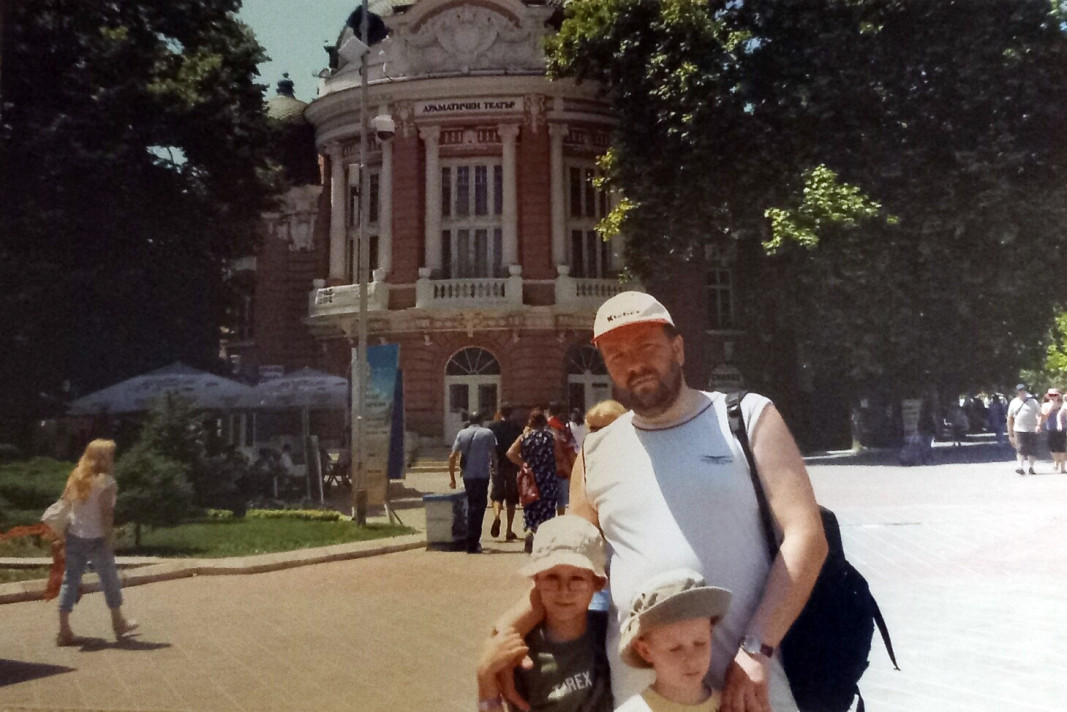
“Radio is a hobby of mine. When shortwave radio stations started closing down their Polish-language services, I took an interest in their history,” Mr. Jedrzejczak says. “In the Polish weekly “World of radio” I came across an advert for Radio Sofia from 1946, from which I found out it had aired 10-minute broadcasts in Polish from Bulgaria. That was when I started looking for information about Radio Sofia and to listen to these broadcasts. That was 30 years ago.”
Jarosław set about tracking down the Polish broadcasts. He got in touch with the first anchors and translators of Radio Sofia and Radio Varna’s Polish-language programmes, their heirs, collected the memories of the first people working at the foreign-language programmes, kept up a correspondence with the BNR. Who were they, who were the people speaking their own language from faraway Bulgaria?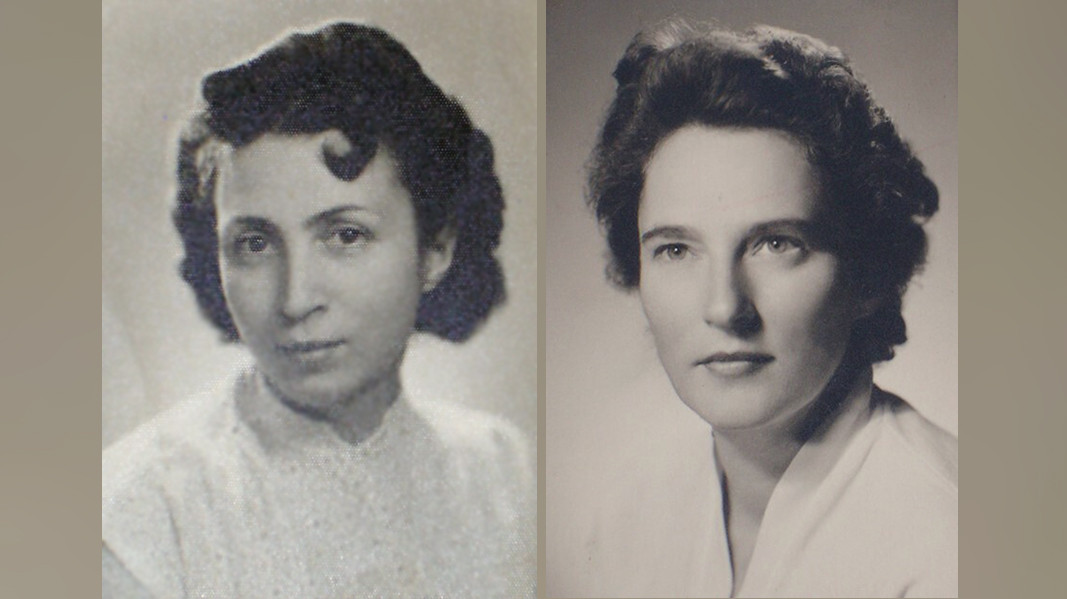
“I first got in touch with Polish people living in Bulgaria. Back then, in the 1990s, they remembered Radio Varna’s Polish-language broadcasts very well, but none remembered there had been broadcasts by Radio Sofia in Polish. With their help I have had the good fortune of communicating with Wanda Smochowska-Petrowa and Antonina Pankiewicz Szterewa, the two women who prepared Radio Sofia’s programmes in Polish from 1946 on - the first radio anchors and translators. In her spare time, Wanda’s twin Zofia Puchlewa also hosted the programmes. I have not been able to find the exact date on which the first Polish-language broadcasts went on the air from Sofia, but I did find out they were prepared by Jadwiga Nikolowa.”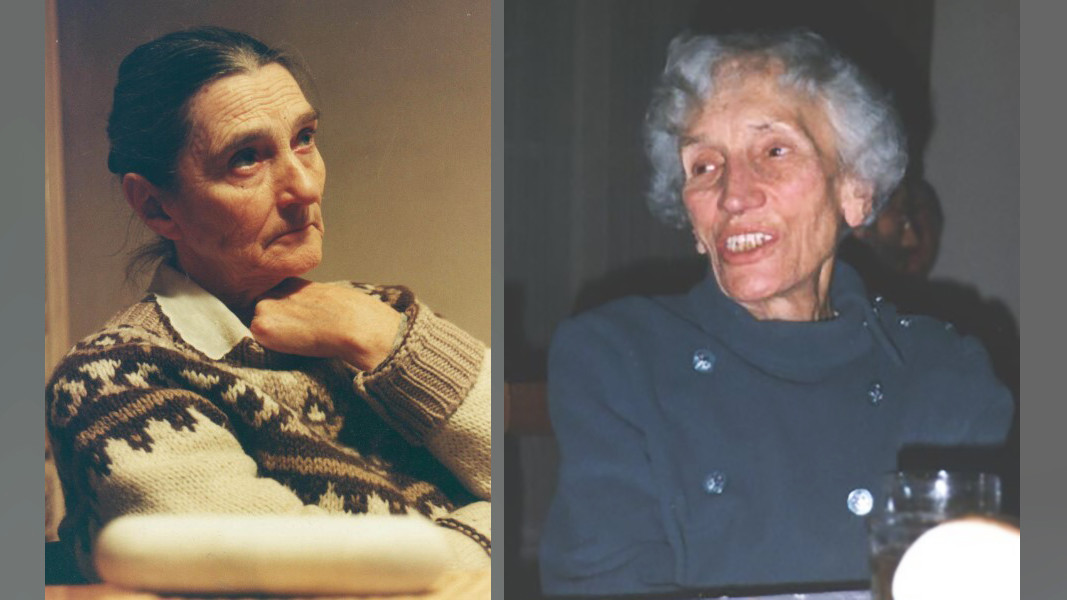
Radio Sofia broadcast in Polish over a comparatively brief period of around 5 years, up until the early 1950s. More information has come down to us about the Polish-language broadcasts by Radio Varna, thanks to the fact they were on the air at a later period. “Good morning ladies and gentlemen! This is Radio Varna!” were words that could be heard on 388 m. or 773 kHz for many years.
“Radio Varna’s Polish-language programmes were on the air from 1966 until 1989,” says Jarosław Jedrzejczak. “The first broadcasts were prepared by Marzena Iliewa, a journalist from Radio Warsaw, and the radio host to have worked at Radio Varna the longest, 22 whole years - Danuta Łuczak-Filczewa.”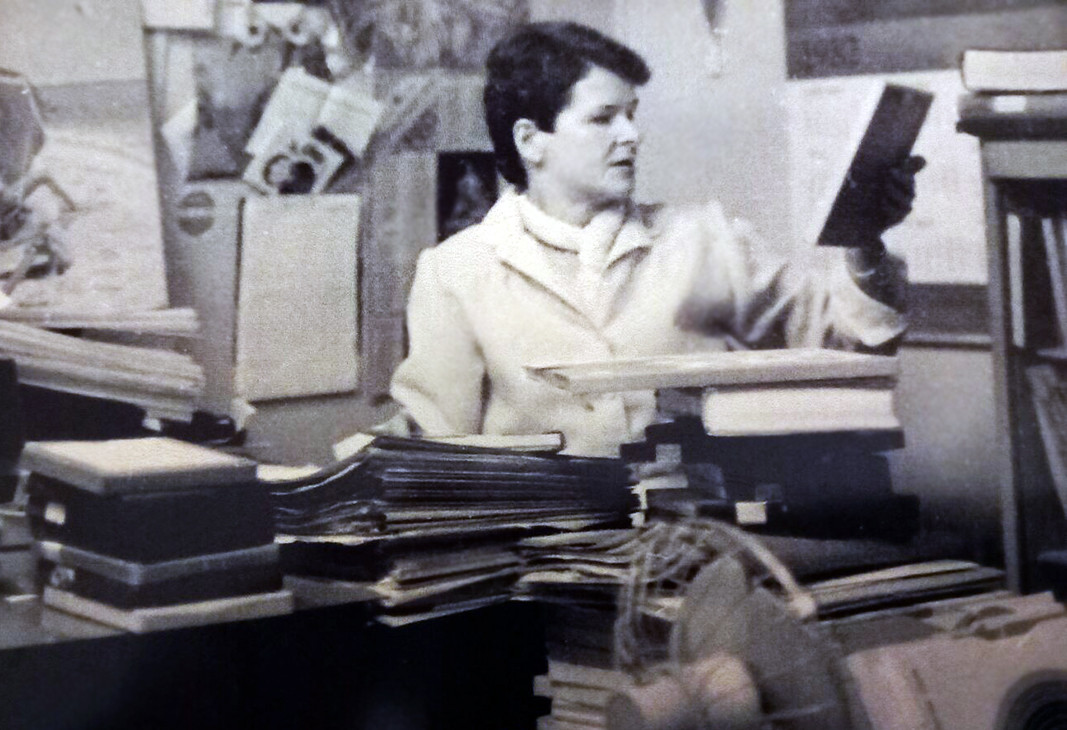
In April 1990, Radio Varna’s Polish-language section closed down. And after the summer season, all other foreign-language broadcasts by Radio Varna were scrapped as well.
The Polish language has not been on the air in Bulgaria for many years. The BNR’s archives in Sofia and in Varna have preserved no recordings of the period when the two Polish-language sections were operational. 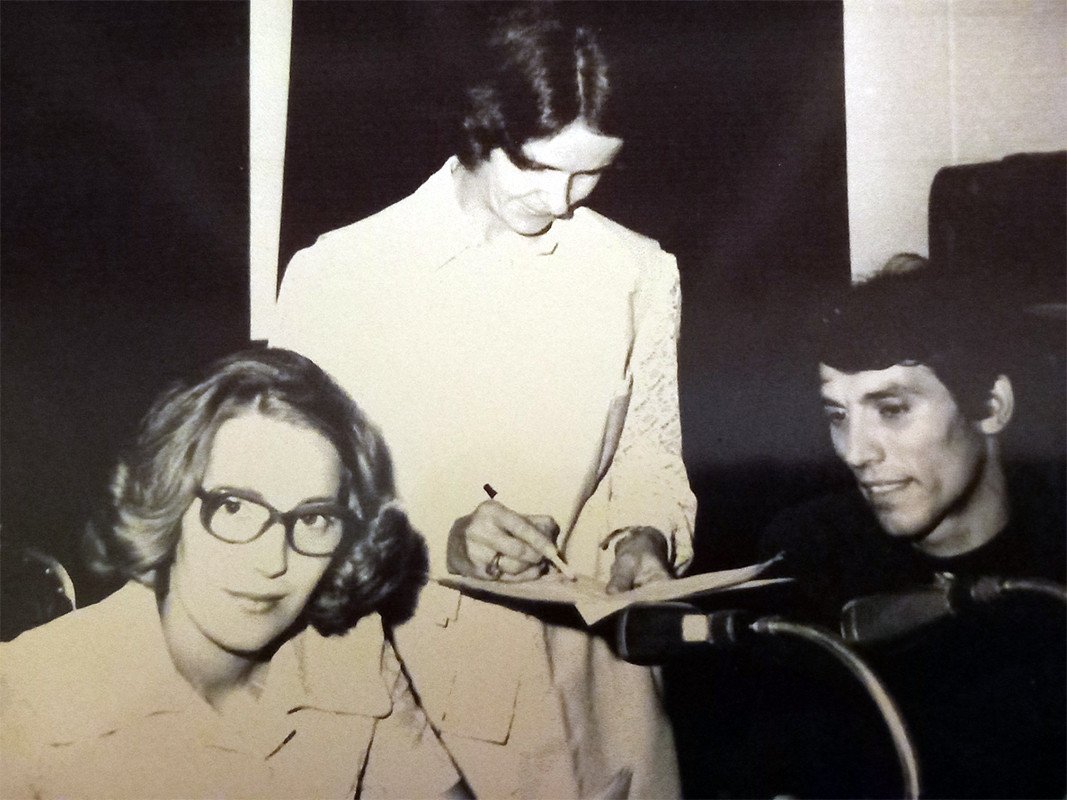
“I am pleased to say that I have, to some extent, been able to save a fragment of the history of Polish-Bulgarian radio from oblivion. My study “Polish words on Bulgaria’s airwaves” has not been published yet,” Jarosław Jedrzejczak says. “And I believe your listeners and readers could help fill in the blank spaces, and add something to this history.”

On 16 February Radio Bulgaria is marking its anniversary. So, we shall end our story on an optimistic note. How is Radio Bulgaria developing and is it still of interest to its readers and listeners?
“Today Radio Bulgaria is very different,” Jarosław Jedrzejczak answers. “Today we have the internet. There is no interference, we can read and listen to Radio Bulgaria any time we like. I believe you have fully adapted to the requirements of the modern world, I also believe that the development of outlets like radio is going in the right direction. And on your anniversary I would like to wish you lots of gratifying contacts with the users of the fruits of your labours.”
Translated and posted by Milena Daynova
Archive photos courtesy of Jarosław Jedrzejczak
After the Russo-Turkish war of 1878, with the Treaty of Berlin, the Bulgarian ethnic land was divided. Northern Dobrudja was handed over to Romania, and Nis and Pirot regions - to Serbia. The Principality of Bulgaria, a vassal of the Ottoman Empire,..
The biggest holiday for Muslims, which marks the end of the Hajj pilgrimage to the holy city of Mecca, is Eid al-Adha. It begins in the evening hours of the day of Arife (June 27), when Muslims pay respect to their deceased relatives..
Midsummer's Day or Enyovden in Bulgaria is always celebrated on June 24, when the church honors the birth of St. John the Baptist. Folklore traditions are associated with the day of the summer solstice, when the sun "twinkles" and "plays" at..

+359 2 9336 661
